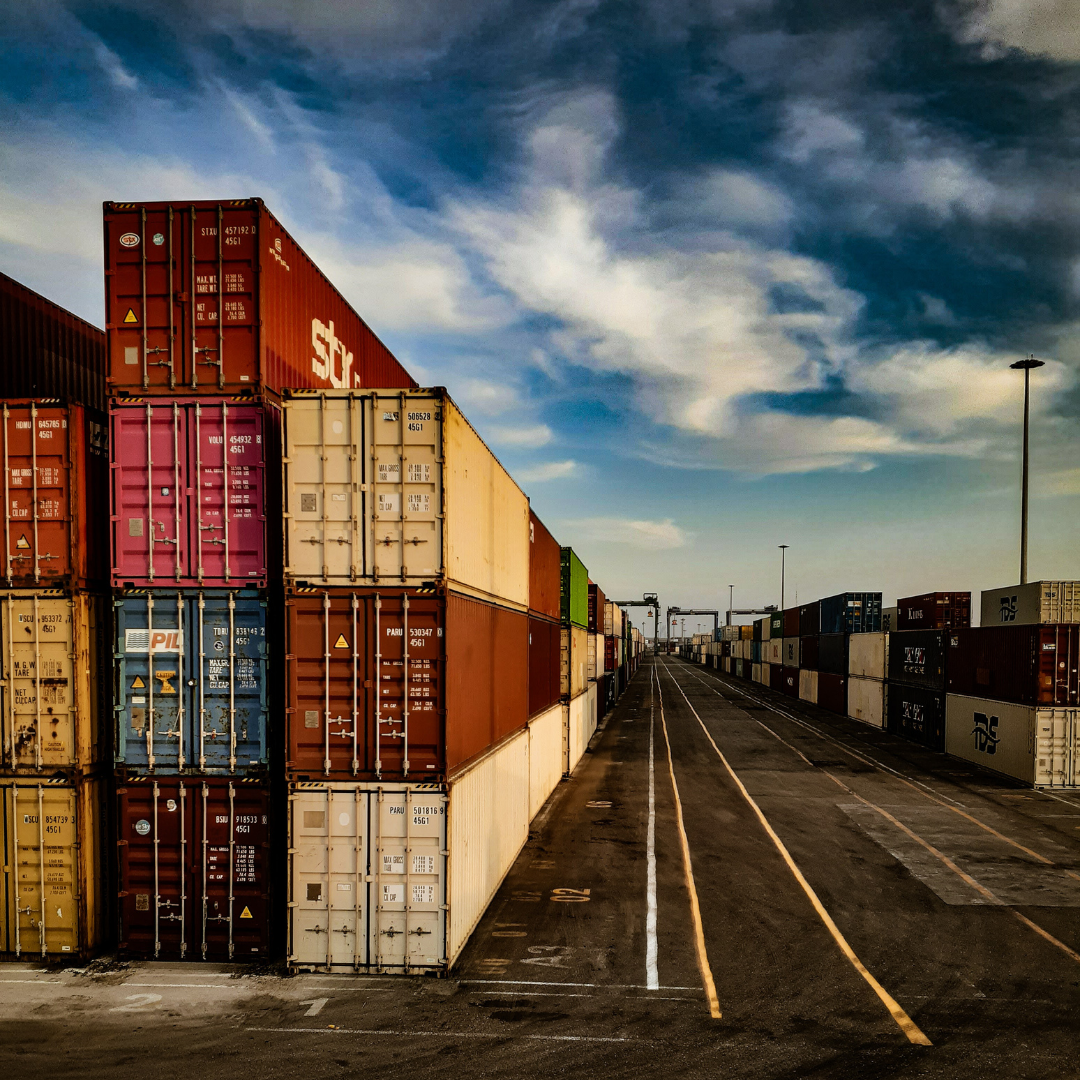What Triggers a Customs Exam?

How Customs Exams Can Affect Imports
No one enjoys being subjected to an U.S. Customs Exam, but it can be a necessary step in the process of importing goods into the United States. Following September 11, 2001, the U.S. government combined existing divisions to create Customs and Border Protection (CBP). The goal of this new administrative body is to protect Americans by ensuring that nothing illegal or dangerous enters the country through importing ports of call.
The concept is similar to going through security at an airport. Nothing will happen to the people who follow the rules and procedures. Still, a physical customs exam can be expensive and time consuming. Here are a few of the reasons your cargo may be spot selected upon arrival and how you can limit those chances.
Reasons for a Customs Exam
There are five main reasons for a customs exam from CBP.
Commodity
Perhaps the most common reason is an inaccurate product value on the cargo. Occasionally, an importer may misclassify HTS numbers to get a lower duty rate. This can be completely unintentional, but the government is especially concerned about collecting necessary fees. With the total import value for goods in fiscal year 2022 was $3.35 million it’s not hard to understand why CBP will want to double check that your cargo’s duty has been paid correctly!
Another commodity-based reason is the cargo in question is subject to requirements from a different government agency. The FDA, DEA, EPA, and Lacey Act for Wood are all agencies that work in tandem with CBP to make sure all imports are legal.
CBP also keeps an eye out for trademark infringement. This is most often related to fashion products in order to prevent counterfeits from entering the market.
Lastly, CBP will use customs exams to make sure there is no antidumping or countervailing. Antidumping protects American businesses from unfair foreign pricing that can undermine or upturn the domestic market.
Importer Security Filing too Close to Departure
This is the easiest trigger to avoid. If the Importer Security Filing (ISF) is filed within 24 hours prior to departure, you will likely get a physical customs exam. The best way to stay on top of all of these details is by working with a trusted freight forwarding company, like SiShips, which leads us into the next reason.
Past History of Importer
If CBP is aware of any issues the importer has previously faced, such as a failed customs exam, they will most likely flag the cargo for another inspection. New importers are most likely for this type of customs exam. Again, working with a trusted import professional can lessen the likelihood of facing an exam.
Suspicious Packing
If the cargo has suspicious packing, CBP will hone in on your cargo. Unusual or untidy packaging is often associated with drug smuggling.
Random Selection
Finally, it’s just random. You can, and should, put yourself in the best position to move through customs as efficiently as possible, but sometimes your cargo will be randomly selected. There is nothing to worry about, as long as you have followed all regulations on imports your cargo will pass the inspection easily.


Types of Customs Exams
So, now that we know the reasons why CBP might feel the need to inspect your cargo further, what are the different types of holds and customs exams?
Non-Intrusive / VACIS Exam
A Vehicle and Cargo Inspection System or Non-Intrusive Exam sounds complicated, but it is just a fancy way of saying “x-ray”. This exam will be performed right at the terminal, similar to putting your bag through the x-ray machine at the airport. The entire container will be scanned and no seals or cargo will be physically opened. This exam typically takes one day or less. If something appears suspicious, the cargo will then be subjected to one of the next two exams.
Tailgate Exam
A Tailgate Exam is a simple procedure, but may take a bit longer than a non-intrusive exam depending on manpower and the amount of imports waiting to be inspected. Usually, the container will be opened at the pier. A Customs officer will break any seals needed to look inside a few boxes. There is no major disruption to the cargo. If any imports fail this exam, they will be kicked up to the next and final level of examination.
Intensive Exam
This is the big one and will require a transfer of the cargo to a Centralized Examination Station (CES). You will want to avoid an intensive exam at all costs, because it can delay your shipment anywhere from 24 hours to two weeks. For an intensive exam, agents will physically open the shipment and perform a detailed hands-on inspection. Such an examination can be triggered from the risk assessments outlined above, a CBP officer, a PGA officer, a failed non-intrusive or tailgate exam or a random selection. But, again, if your imports are legal and all the paperwork is in order there is no risk to your cargo and it should pass through the process without delay.
What You Can Do To Protect Yourself
While customs exams are relatively harmless to the physical cargo, importers do not want to deal with delays. On top of that, the importer is subject to pay fees for any storage, transfer to a CES, handling and any other miscellaneous charges.
That is why it is in your best interest to be as clear and transparent as possible about what goods you’re importing to the U.S. Double check that the cargo will not be in violation of any agency regulations and that it will not endanger Americans in any way. Make sure paperwork like the ISF is submitted with as much advance notice as possible, your past history is clean, and you’ve taken care to pack your goods without fully concealing their contents.
Partnering with a trusted freight forwarding company is one of the best ways to stay on top of potential customs exams.
How SiShips Gives You the Advantage
Sheltered International combines expertise with state of the art software to bring you quality domestic and international shipping solutions. SiShips puts the shipper in control, offering efficient and cost effective ways to ship your product.
To learn more about managed transportation with SiShips, or to view a demo of our software, contact us today.

